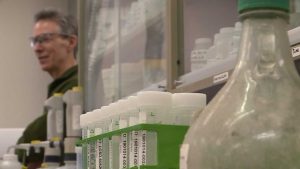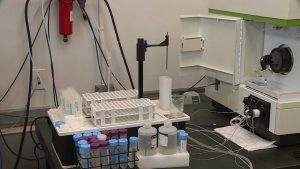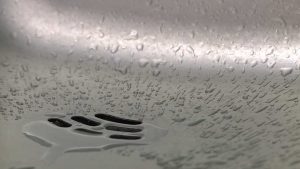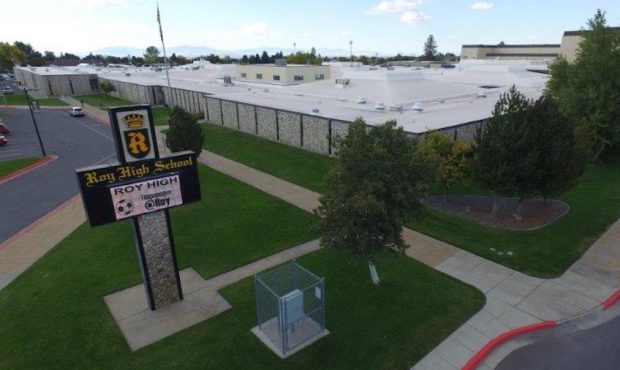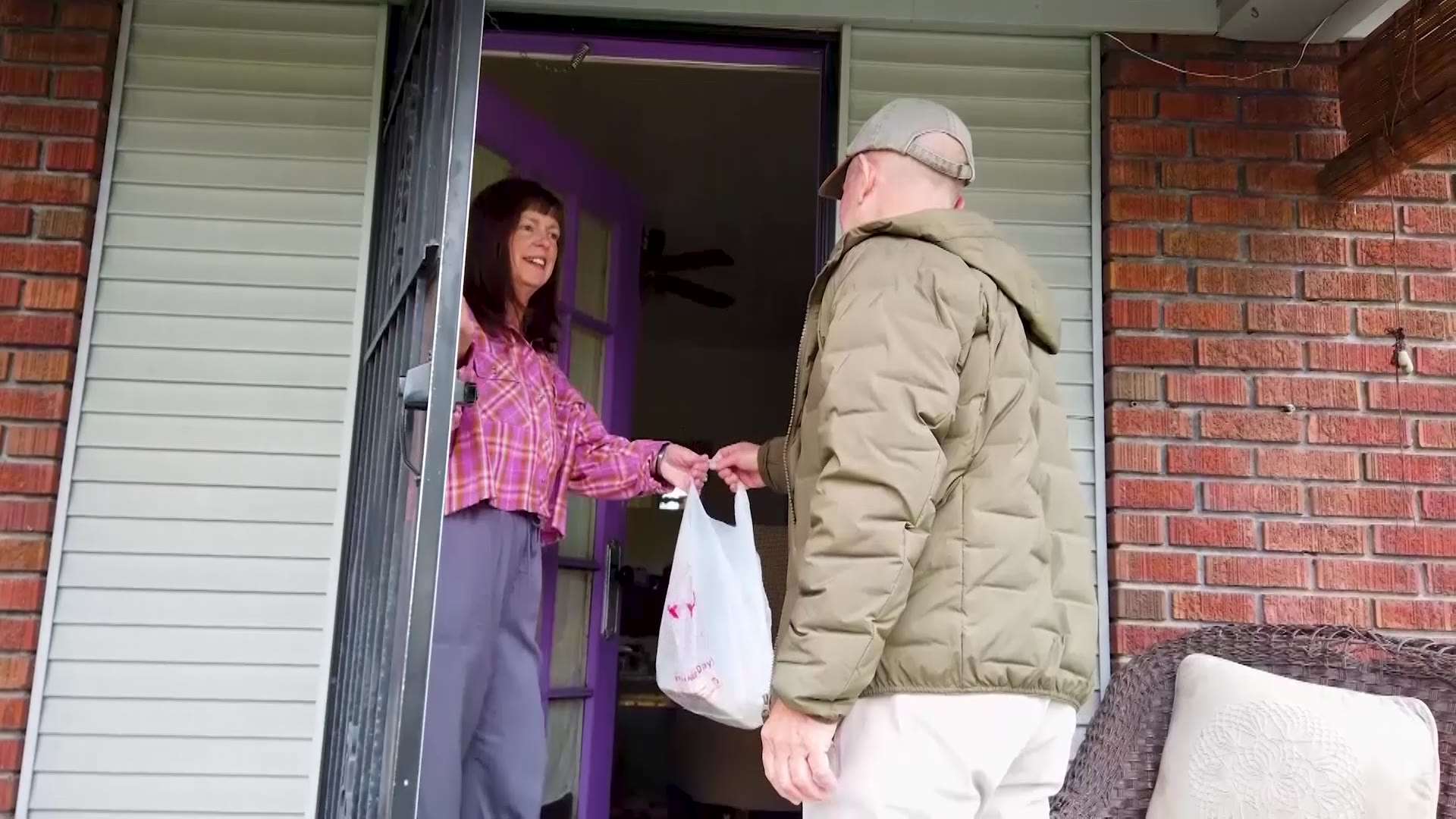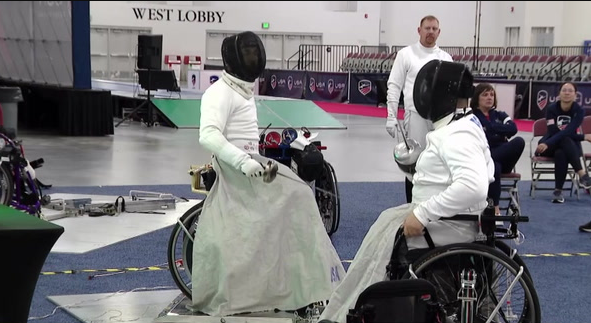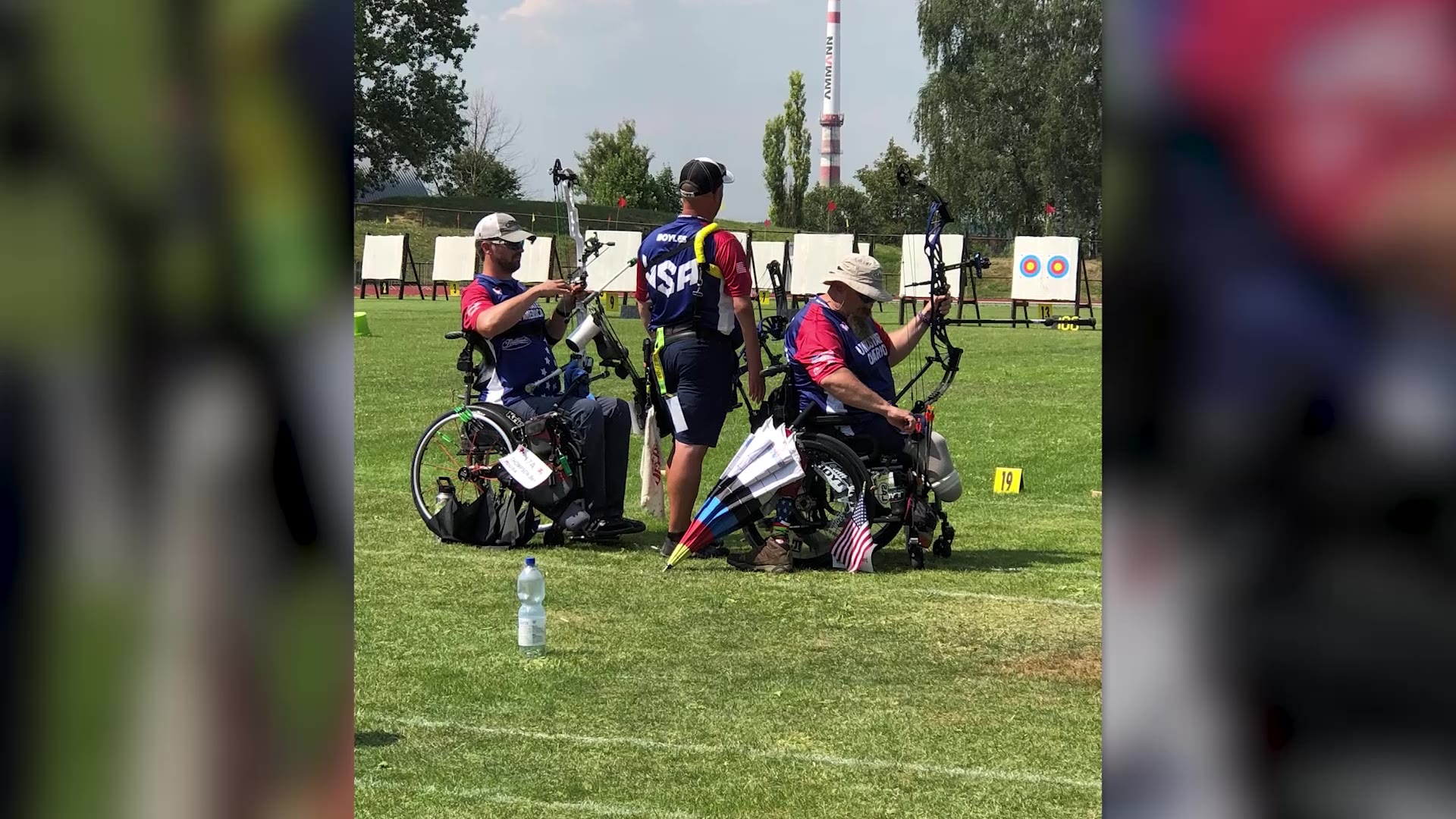Lab Director: Many Interested In Independent Water Quality Testing
Feb 19, 2019, 7:06 PM | Updated: Feb 20, 2019, 1:11 am
SALT LAKE CITY, Utah – When it comes to testing what’s in water, what you can’t see is probably more important than what you can see.
“We can see most of the elements in the low parts per trillion range,” said Kyle Gross while looking at water sampling instruments.
Gross loves everything about water testing.
“If your heart is really not in it, you really don’t want to be in this field,” he said.
He’s the director of American West Analytical Laboratories in Salt Lake City.
The company tests things like pesticides and volatile organics in the environmental analysis field. What really has him talking lately is the metals testing they do in water.
That’s because of the issues Sandy City has had with its water the past couple of weeks.
“If you’re discussing the situation in Sandy, it’s not that dissimilar from the problem they had in Flint, Michigan,” said Gross.
That’s why some people have contacted the lab and asked about doing their own water quality testing instead of just relying on what the city says.
“It’s not difficult,” said Gross. “But you need to be careful because the regulations are based on collecting that sample that specific way, so if you collect it a different way, your results may be good or not good.”
Gross said his lab will help you through the process.
Results are ready in about 16 hours.
A simple lead and copper test will cost about $20 – $40, according to Gross.
The Canyons School District also did its own independent water quality testing through a laboratory for three schools in the affected area: Altara Elementary, Sunrise Elementary and Alta High School.
All the tests came back with no evidence of elevated levels of copper or lead.
“It’s better to know than not know,” said Canyons School District Spokesman Jeff Haney. “If you know, then you can create that action plan and that’s the reason why we’re accelerating our internal processes of testing all of our water at our schools sooner than we usually would every year.”
Haney said the district usually tests the water quality in its schools every spring, as is mandated. The school is now curious about the quality of their pipes in older schools.
The fluoride, Sandy City said, was accidentally released after a power failure is what caused some pipes to corrode.
That allowed lead and copper to get into the water system.
If the pipes are too corroded, they will have to be replaced to prevent future lead and copper concerns.
“It’s a concern so much so that we, every spring, do a testing of the water quality at all schools in the Canyons School District. We typically start that at the end of March, but we will start that immediately. And we will start that at schools in Sandy City,” said Haney.
Canyons Schools uses a different lab than American West Analytics Laboratories.
But like many labs, what is tested is what will be reported.
No matter what is found in the water.
“We’ve had occasions where people wanted us to come up with a certain number and it’s like, no, we don’t do that,” said Gross. “We can’t be biased in any direction. We’re just the numbers people.”

